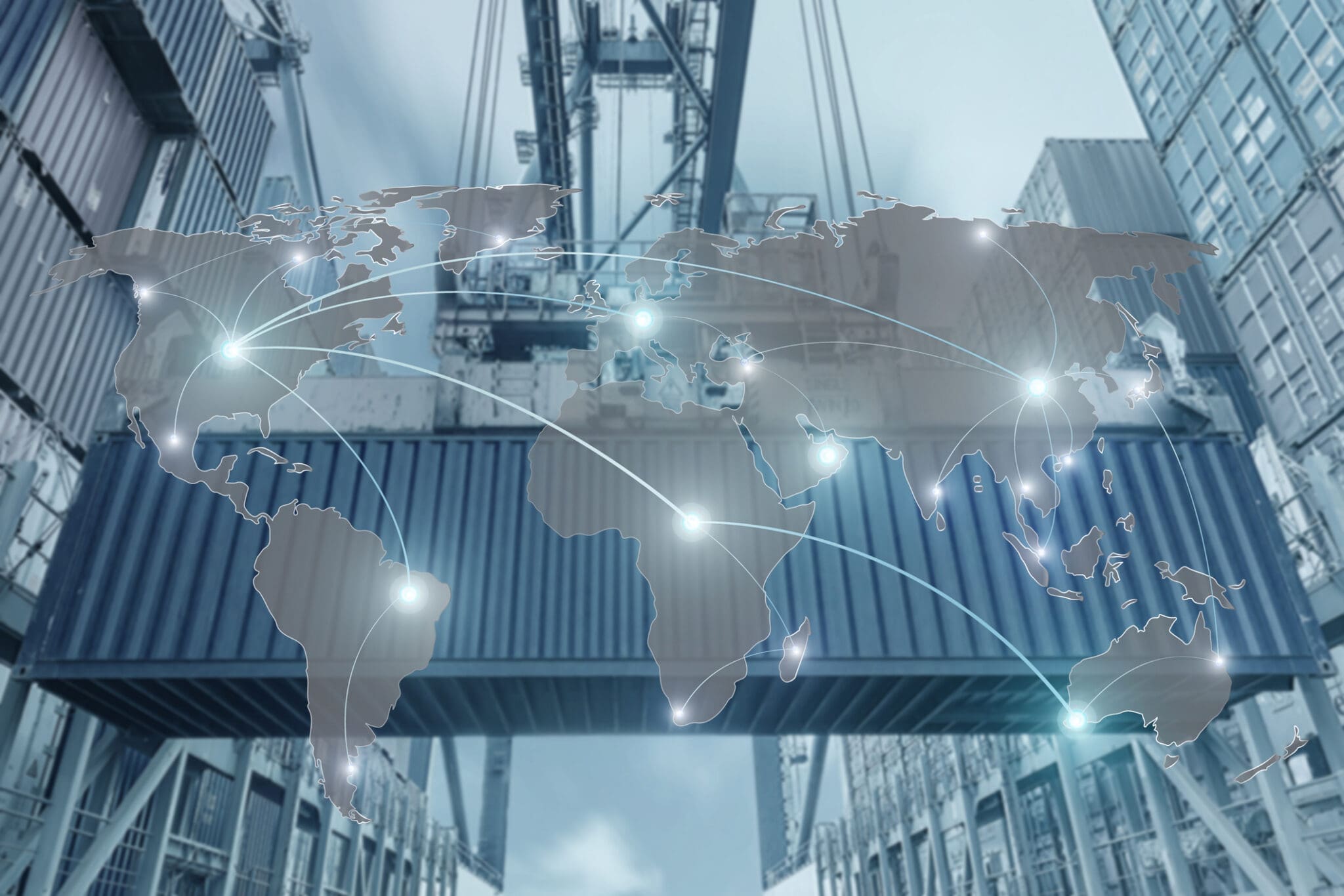As we come to the end of London International Shipping Week and in the wake of MEPC80, Achilles spoke to our newest Ambassador, Peter Schellenberger of Novomaxis, on his view of the 2023 IMO Strategy on Reduction of GHG Emissions from Ships and what it means for shipping.
In July 2023, the International Maritime Organisation (IMO) adopted a strategy to curb greenhouse gas (GHG) emissions within the shipping industry. With a vision of “reducing GHG emissions from international shipping and, as a matter of urgency, aims to phase them out as soon as possible, while promoting, in the context of this Strategy, a just and equitable transition.”
Most reading this blog that have had anything to do with shipping over the last few years will be very familiar with the IMO GHG targets to reduce carbon dioxide emissions per transport work by 40% by 2030, and to reduce absolute emissions to net zero by or as close to 2050 as possible. The IMO has also set interim targets to reduce absolute emissions by 20%, striving for 30% by 2030 and 70%, striving for 80% by 2040.
Similarly, few would dispute that this move from the IMO is an important step forward. According to Horizon, the EU research and innovation magazine, global maritime accounts for 3% of global emissions, but could be responsible for 10-13% without action. Therefore, it is imperative for regulating bodies, across all industries to set standards and drive the change we need to see.
IMO’s strategy to meet its GHG targets covers short-, medium- and long-term strategies, at a high level. Short-term plans were agreed by the committee between 2018-2023, which addresses air pollution and energy efficiency targets in accordance with the MARPOL Annex VI regulations. These goals are targeted to be completed by 1 January 2026. Long-term targets were developed as part of the 2028 strategy review, to address targets beyond 2030. At the same time, medium-term strategies are in development and will be finalised based on a set of criteria. The measures will be comprised of two elements:
- a technical element; a goal-based marine fuel standard regulating the phased reduction of GHG-intense marine fuels,
- and an economic element; based on a maritime GHG emissions pricing mechanism.
One of the key points within the strategy highlights the wider United Nations‘ and IMO’s dedication to achieving a just and equitable transition – by both ensuring the industry takes responsibility for delivering actual emissions reductions instead of shifting the emissions to other parties within the supply chain and to ensuring that important social concerns are not overlooked in the process.
Speaking to Achilles, having recently taken up his new role as Achilles Ambassador, Peter Schellenberger shared his thoughts about the importance of taking a holistic approach to meeting the IMO’s GHG Targets saying “Smart KYC and ESG reporting can assist companies in improving their ratings, which can also attract investment. The key to future success, however, is the genuine commitment to long-term sustainability.”

He continued “The balance between improving ratings and ensuring meaningful change is a difficult one. There is a big difference between an organisation that wants to tick the ESG report box and make itself look good and one that decides to make sustainability targets and improvement part of its DNA. It is encouraging to see that a lot of companies are seeing the actual need to have a proper ESG policy in place and that ISO certifications are fully integrated into company policies and dealt with transparently.”
Talking about how ESG implementation might work in the shipping sector, Peter said “I would assume that with ESG/KYC-related reporting we are going through a similar process as we did with ISA some decades ago and it will still take some time for the various industries to define their needs and standardize them for safe reporting. Probably the shipping industry will manage to regulate itself or legislation of a certain kind must kick in. The true fact today is that all leading shipping players have different KYC and ESG report needs which forces several thousand suppliers to go through the agony of providing the required information, all of which would be made so much easier if a common platform matching agreed standards would be made accessible, integrating important functions like sanction checks and UNSDG compliance.”
When asked about his decision to work with Achilles, Peter said: “I have known of and worked with Achilles over many years, I know that its experience and strong footprint in the more regulated offshore sector has the ability to be a facilitator for these matters for the general maritime industry with its ever-growing sustainability demands.”
To support the wider goal for a just and equitable transition while meeting GHG targets, across the world, we are seeing a growing number of directives at both national and regional levels aimed at protecting and improving human rights across global supply chains. Read more about making an ethical transition to net zero. and about the latest EU, German, Canadian and Norwegian legislation that may impact ship owners and operators in other Achilles blogs and white papers.
Overall, the IMO’s GHG targets and strategy are an important step forward for the mitigation of GHG emissions within the international shipping sector. The positive stance shows the dedication to transitioning away from GHG-intense fossil fuels to a more sustainable, long-term solution that benefits all stakeholders.
The move from IMO to continuously align with the Intergovernmental Panel on Climate Change (IPCC) and the latest science is a critical element of the strategy. It must continue to push for innovation of technology, and behaviour change, and it must influence policy where possible. It may be argued the latter is the most important, as, without policy, action often subsides.
